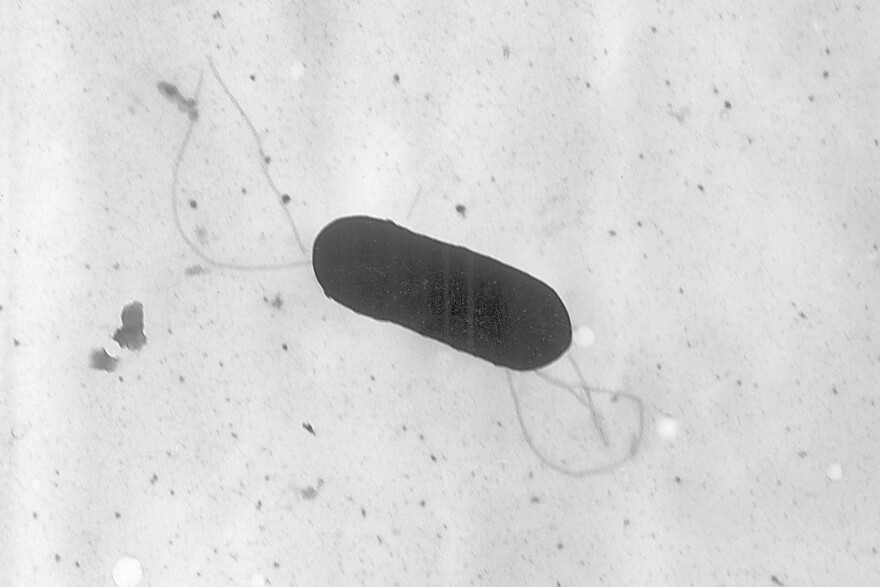BETHLEHEM, Pa. — With a national recall of Boar's Head deli meat underway because of a possible listeria contamination, an area infectious disease specialist recently has weighed in on what signs and symptoms to watch for.
Listeria is a bacterial infection that causes food poisoning.
Dr. Luther Rhodes with Lehigh Valley Health Network said the average healthy adult may not notice if he or she comes in contact with listeria.
“The vast majority of people, they get listeria, have minor or no symptoms, but if you're pregnant, if you are 65 and above, if you're immune suppressed, a little bit of listeria can go a long way."Dr. Luther Rhodes
But Rhodes said certain categories of people can have severe symptoms, such as fever, headache, weakness and chills.
Rhodes said it’s not the traditional symptoms we think of with foodborne illness, such as vomiting and diarrhea.
“The vast majority of people, they get listeria, have minor or no symptoms," he said.
"But if you're pregnant, if you are 65 and above, if you're immune-suppressed, a little bit of listeria can go a long way.
"And that's why we have to be especially on guard for the types of food we eat and how we prepare things when you're in those risk groups."
'Avoid deli meats for now'
Rhodes said deli meat, soft cheese, undercooked hot dogs and raw milk all can carry listeria.
“Where the high risk is and remains are freshly sliced cheeses and meats that you buy at a deli counter," he said.
"And they may not be packaged under a brand name, but the problem is, once the tools used in the kitchen to prepare food, once they're contaminated, it's very difficult to prevent cross-contamination."
“Foods and cheeses and deli meats and so on that have listeria do not necessarily taste bad, smell bad, or look bad. The best prevention is to avoid deli meats for now, and be very cautious about anything that's sliced or prepared fresh.”Dr. Luther Rhodes
He said the bacteria can withstand extremely cold temperatures, so it’s best to stay away from the foods that carry it for the time being until the recall is under control.
“Foods and cheeses and deli meats and so on that have listeria do not necessarily taste bad, smell bad, or look bad,” he warned.
“The best prevention is to avoid deli meats for now, and be very cautious about anything that's sliced or prepared fresh.”
So far people in 13 states have fallen ill, and 7 million pounds of Boar's Head deli meats.
One person in Pennsylvania became ill from the tainted meat, according to the U.S. Centers for Disease Control and Prevention.


